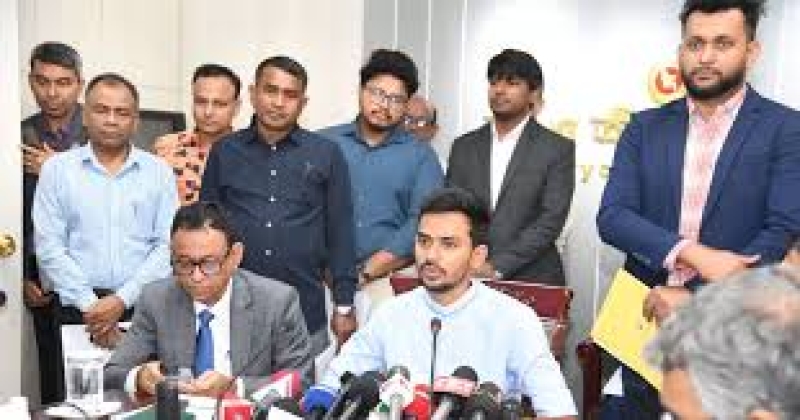- Guterres Urges Leaders to Act as UNGA Week Begins |
- BNP to go door to door for hearts and votes |
- Chittagong port tariffs increased up to 50 per cent |
- Rising Heat Cost Bangladesh $1.8 Billion in 2024 |
- Stocks extend gains; turnover drops in Dhaka, rises in Ctg |
End Corruption and Nepotism for Timely Project Completion

End Corruption and Nepotism for Timely Project Completion
Asif Mahmud Sajib Bhuiyan, Adviser to the Ministry of Local Government, Rural Development, and Cooperatives, as well as Youth and Sports, has called for a more efficient and transparent approach to the implementation of development projects. He urged officials to eliminate all forms of corruption and nepotism in order to meet project deadlines and ensure the success of ongoing initiatives.
Speaking at a progress review meeting for the Annual Development Programme (ADP) for the financial year 2024-2025, Mahmud emphasized the critical importance of completing projects on time to maintain the trust of development partners and meet public expectations.
“Project implementation must be swift, transparent, and without delay,” Mahmud stressed during the meeting, which was attended by senior ministry officials and key project directors. He warned that prolonged project timelines were causing disillusionment among development partners, eroding enthusiasm for future collaborations.
The Adviser also emphasized the importance of open communication with development partners in cases where delays are unavoidable, ensuring transparency and integrity throughout the entire project cycle.
“All forms of corruption and nepotism must be eradicated from project implementation,” Mahmud insisted, highlighting the negative impact such practices have on timely execution.
Out of the 230 ongoing projects across 19 departments, 62 are funded by foreign development partners, and 168 are government-funded. These projects have a combined budget allocation of Taka 3,580,888. Mahmud noted that delays in appointing consultants—particularly in sectors like road construction and culvert works—have been a major barrier to the timely completion of many projects.
He called for urgent reforms to simplify and speed up the consultant appointment process, ensuring decisions are made promptly to avoid further setbacks.
Reminding officials of their broader responsibility to serve the people, Mahmud added, “We owe it to the sacrifices made for the creation of this nation. The hopes of the people have been rekindled, and it is our duty to work toward fulfilling those hopes.” He urged all ministry staff to take their responsibilities seriously, reinforcing the significance of their roles in the development of the country.
The meeting was chaired by Md. Nazrul Islam, Secretary of the Ministry, and attended by senior ministry officials, project directors, chief engineers, and executive engineers.

